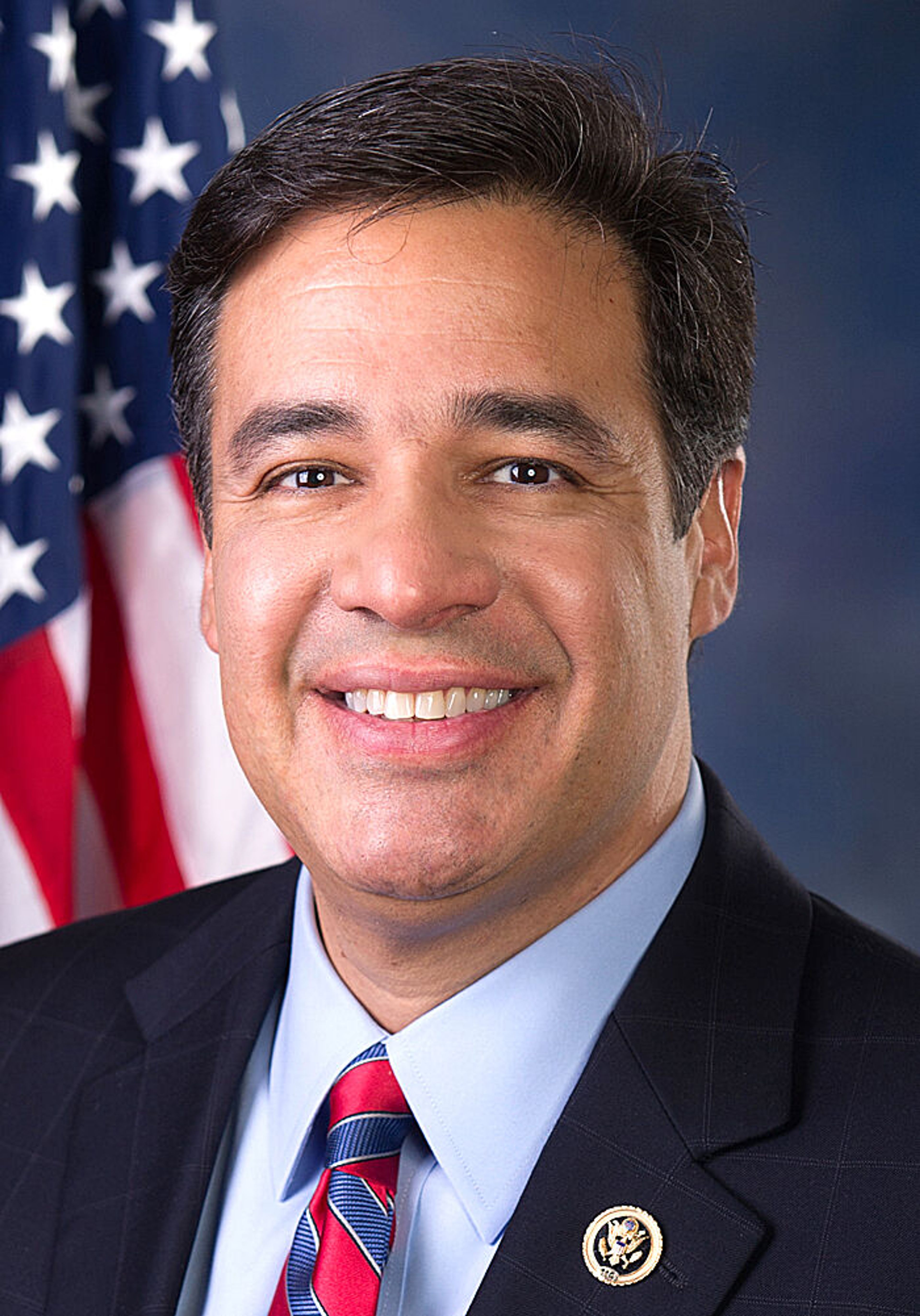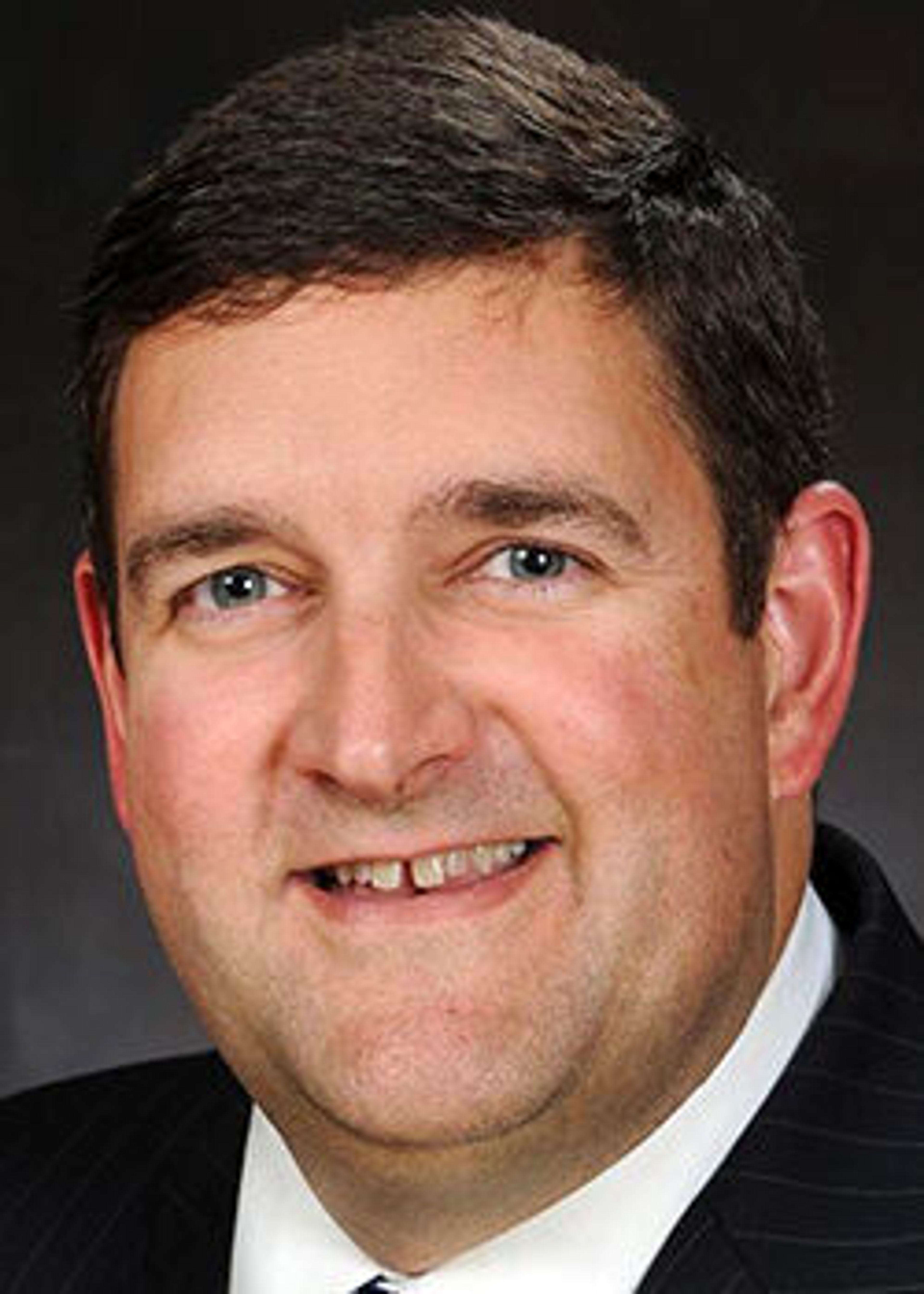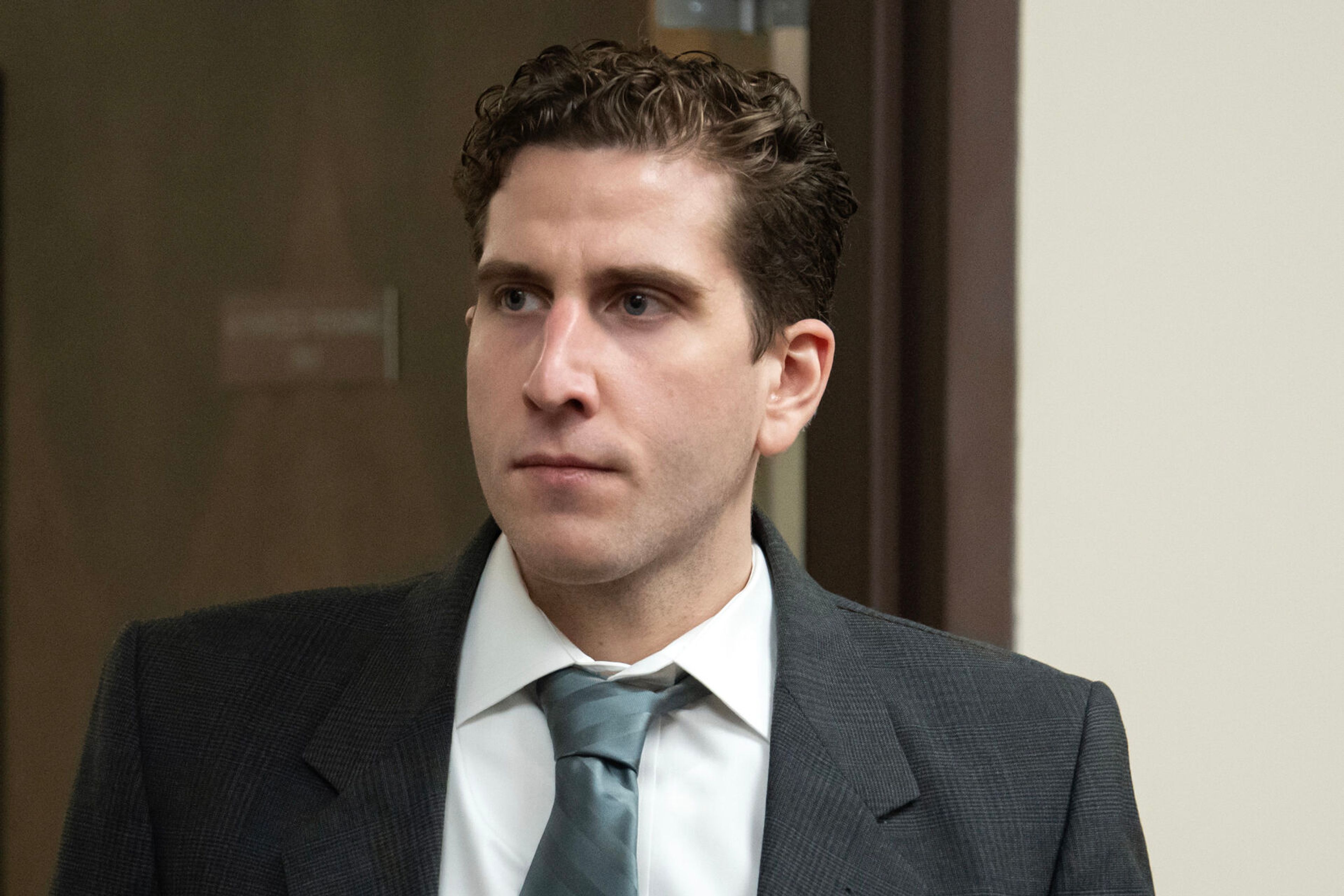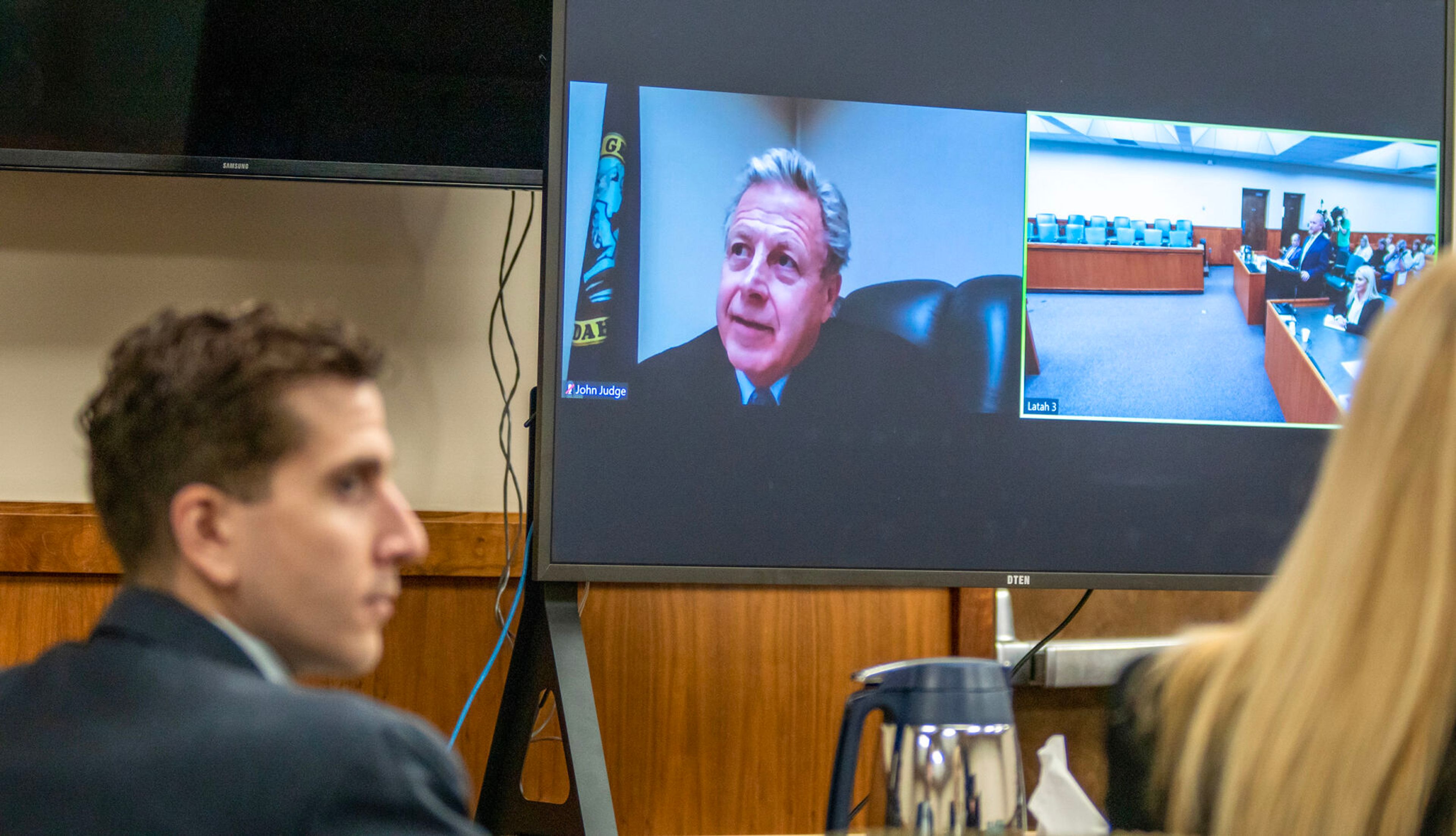IDHW leadership takes on Labrador over school grant program
Lawyer representing the group files files a petition to end civil demand from Idaho’s top law office
BOISE — The Idaho Department of Health and Welfare has filed a petition against the attorney general’s office to end a civil demand from the state’s top law office.
A grant program using federal funds is at the center of the dispute — which has also sparked an audit from the legislative budget writers and another legal dispute between the attorney general’s office and more than 30 nonprofit organizations and school districts. Court filings seem to show previous Attorney General Lawrence Wasden’s office had determined the grants were distributed lawfully, while Raúl Labrador, the current state’s chief legal officer, disagrees.
In 2021, the Legislature appropriated federal pandemic-relief funds, with the added requirement that it go toward programs serving school-age children between 5 and 13. There have been pointed questions from the Legislature and Attorney General Labrador’s office asking if some of the grant awardees were ineligible because funds went toward preschool and kindergarten-readiness programs.
In early March, Labrador’s office announced it had served the awardees of a health department grant program with a civil investigative demand, a kind of civil subpoena. More than 30 of those organizations filed a motion to either end the civil demands, known as CIDs, or extend the deadline on them, the Idaho Press previously reported.
Some of those demands were also served to health department Director Dave Jeppesen, Deputy Director Jennifer Palagi, and Self-Reliance Division Administrator Shane Leach. The agency employees, represented by trial lawyer Trudy Fouser, contend that Labrador’s office did not have the authority to submit the demands and that the grant program under investigation was lawfully distributed.
“It is difficult to understand why the Attorney General would choose to issue CIDs to his own clients. Under ordinary circumstances, when a legitimate request is made, the Idaho Attorney General has a clear mechanism for obtaining documents from his clients: he simply asks,” the court filing states.
Idaho code requires the attorney general’s office to “perform all legal services” for the state, including for all agencies; the court filing contends that the office’s action against its “client” has created an adversarial relationship, “which has generated and will generate entirely unnecessary costs that will ultimately be borne by the people of the State of Idaho, in violation of his statutory obligation to represent and advise Petitioners.”
Labrador’s office said the move was not adversarial but is the office’s way of gathering information, and that because it’s not a criminal investigation or action, he has statutory authority to look into anyone who might have information about a suspected wrongdoing — meaning the subject the CID is not necessarily the person or organization being investigated.
“That includes the IDHW employees who were responsible for disbursing these unlawful grants,” Idaho Attorney General Office spokesperson Beth Cahill wrote in a statement.
The court filing argues Labrador may not have had authority to issue demands, because he needed to have reason to believe the grant program was not lawfully administered. However, two previous attorney general opinions cited in the documents show previous determinations from the office that there weren’t any violations.
A Nov. 30, 2022, legal memo from the previous attorney general’s office found, “The Department’s implementation of the CCDC program does not appear to violate federal and state guidelines.”
It cites federal guidelines on the funds, which emphasize access to child care without regard to age.
“State guidelines emphasize serving school-aged participants aged 5-13, ‘as allowable by federal guidelines,’ and also require the Department to ensure that applications comply ‘with grant guidelines,” the memo states. “Read together, the guidelines do not preclude serving children younger than five years of age — toward whom federal guidelines are arguably geared (as child care needs lean heavily toward younger children). Rather the combined-guidelines indicate that applicants should include – and not exclude — serving children ages 5-13.”
The federal funds were split into two programs — the Community Grant and the child care grant program for supporting child care providers as well as offsetting child care costs for low-income families. The Community Grant funds were fully distributed in 2021 and 2022.
Notably, another opinion was issued Jan. 25 under letterhead featuring Labrador’s name that made a similar determination.
“In brief, Self-Reliance’s processing of community grants raises no concerns of statutory violations,” the memo states, referring to the division within health and welfare, Self Reliance.
Labrador’s office said he was not aware of that opinion being issued, and he does not agree with it.
“For some inexplicable reason, the same opinion was again issued on Jan 25th without any new analysis. The only difference between the two opinions was that the (January) opinion excluded reference to one former DHW employee and was placed on letterhead with AG Labrador’s name at the top,” Cahill wrote in a statement. “Attorney General Labrador was never apprised of or consulted about this opinion and he wouldn’t have signed it.”
Labrador maintains that he had “ample evidence” to support his belief that the grant program wasn’t administered lawfully.
On March 21, the Joint Finance and Appropriations Committee voted to accept the last portion of the federal funds for the child care grant. The committee opted to have the last wave of the program be administered by the Department of Labor, because of concerns over the Community Grant program, the co-chairs previously told the Idaho Press.
The committee reduced the budget by $14.4 million that was identified as having gone to ineligible organizations, co-chairperson Rep. Wendy Horman, R-Idaho Falls, said. The audit on the program is still underway.
Labrador’s office noted that in his Jan. 17 budget hearing, Jeppesen faced questions about the program. The director responded that the department included a check box on the application that acknowledged the grant applicants would use the funds to serve children 5-12 and that applicants must attest that the funds would be used for that purpose.
“The guidance that we put out was very specific,” he told the committee.
He said the department would put “extra special attention” into the quarterly reporting done for how the funds were used but the grant awardees.
Labrador called Jeppesen’s position “shifting.”
Health department spokesperson Niki Forbing-Orr, said in an email to the Idaho Press, “The dept. has always maintained that only eligible recipients received the grant money.”
The situation of legal action between an agency head and an elected constitutional is unusual, according to former attorney general Jim Jones. Jones served on the campaign of Labrador’s election opponent Tom Arkoosh.
It’s a clear-cut violation of the attorney-client relationship,” Jones said of the civil investigative demands. “... I can’t think of any situation where the attorney general hauls off and takes action against one of his clients, particularly an agency head and deputy in the office.”
Labrador’s office argued that there was a conflict that prevented his office from representing the agency employees in this matter.
“The Idaho Attorney General is charged by statute with enforcing the Idaho Charitable Assets Protection Act and with representing both the Legislature (which asked for this investigation) and the Department of Health & Welfare,” Cahill wrote. “Appropriate conflict firewalls have been established.”
Guido covers Idaho politics for the Lewiston Tribune, Moscow-Pullman Daily News and Idaho Press of Nampa. She may be contacted at lguido@idahopress.com and can be found on Twitter @EyeOnBoiseGuido.








